- Learning time
- 30 minutes
- First play time
- 60 minutes
Tribes: Early Civilization
Designed by: Rustan Håkansson
Tribes: Early Civilization imagines you as leaders of the earliest tribes, developing your people through the Palaeolithic, Neolithic and Bronze ages, trying to out-do your neighbours. This epic conquest manages to play out in around 40 minutes…
The board is populated with the technologies available for you to develop over the three ages, with the Palaeolithic face-up at the start and the others yet to be revealed. Beside the board are three action tiles, one of which you will choose to activate on your turn. They’re laid out as a time-track: the bottom tile is available for free, but the further you go up the time track the more expensive it becomes, as you must pay a shell – the games’ equivalent of a coin – to pass it. Each player starts with five such shells, and three landscape hexes in front of them with one tribe piece on a hex. Each landscape hex shows a resource it produces – horses, sheep, food, gold, and so on.
Turns are very simple. You choose an action tile, pay the relevant shells to reach it (if necessary) and keep any shells on the action tile you chose before moving the tile to the top of the time track. You then complete the action: there’s only three: you can grow your tribe (adding more tribe pieces to your fledgling hexes), explore (adding new hexes to your growing landscape) or move your tribes across the landscape, accessing new resources as you do so.
But instead of taking a basic action, you can invent: which means generating new technology to advance your tribe. These are the tiles on the board itself – they each show the resources you need to place a cube of your own colour there, and the rewards you get for doing so. The key reward is victory points, as you want your score marker to scamper around the score track as fast as you can. But you also get to increase your capacity for the basic actions, so when you grow, explore or move, you can do it multiple times on the same turn. Whenever a cube is added to a technology tile, meaning you have developed the technology in question, the tile in the next age (adjacent to it) is revealed, showing what resources you’ll need to develop the next technology. Having all the matching resources on your hexes is ideal, but you can ‘exhaust’ a non-matching hex and play it as a joker, by simply flipping it over to its plain side.
When at least one player reaches a set number of points the game will end after that round – most points wins!
Joe says
This fell pretty flat in the four player game I played. There's a real vogue currently for games that boil down a big theme into a snack-sized experience, and this one loses all connection with its source material as far as I'm concerned. That isn't necessarily a deal-breaker if the gameplay is compelling, but I didn't find it so here - all a bit hum-drum.
The guru's verdict
-
Take That!
Take That!
The game is all about the balance between the action you want and the shells you need to take it. It's possible opponents may take it before you can, forcing you (inadvertently or otherwise) to either pay more shells, or be unable to afford the action at all.
-
Fidget Factor!
Fidget Factor!
Very low! Tribes speeds along at a zip.
-
Brain Burn!
Brain Burn!
The key here is managing your tribe to success as quickly as you can - choosing when to pay through the nose for the action card you really need, and when to go cheap.
-
Again Again!
Again Again!
There are more technology tiles than you need for a single game, so there's variety in the set-up. Beyond that the game doesn't offer vastly differing strategies, but as a fast-moving race with the tension of the time track, it doesn't necessarily need them.


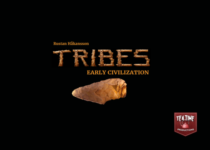

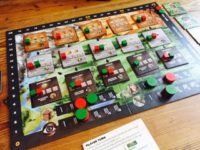




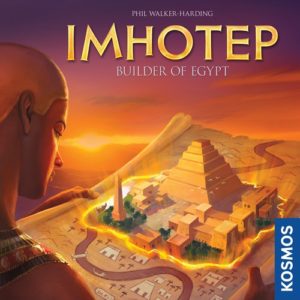
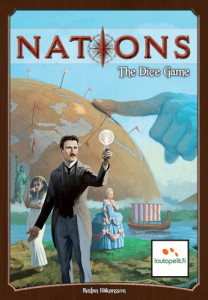
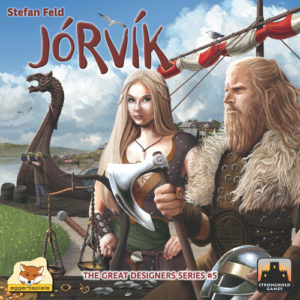
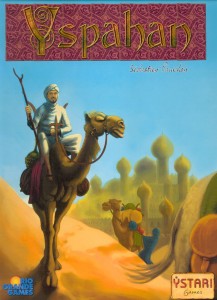
Sam says
Tribes' simple premise of developing civilisations might not be that original, but the time track element - the trade off between the action tiles and the shells you spend - give it some real intrigue. Always play cheaply and you're not going to be making the best moves. But if you always go for the ideal tile, you'll end up with little or no shells (until you pick more up) and little or no choice. This tricky balance reminds me slightly of the bidding game Jorvik, but whilst Tribes is a faster play, it wasn't as interesting. But not a bad game by any means.